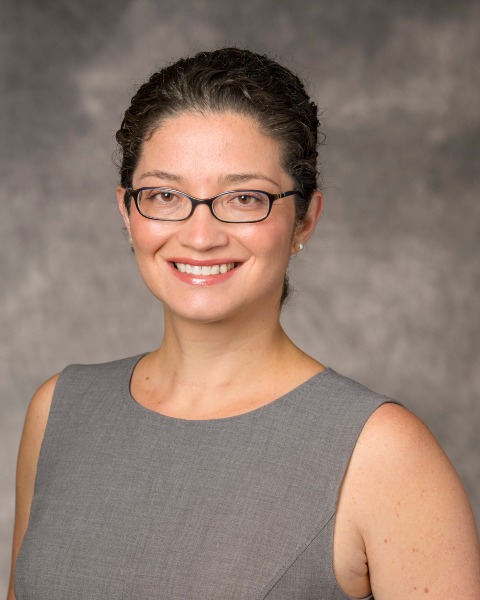
Karem Harth, MD
Associate Professor
University Hospitals Cleveland Medical Center
Beachwood, Ohio, United States
Karem C. Harth, MD, MHS, RPVI, is a board-certified vascular surgeon and registered physician in vascular interpretation. She is an Associate Professor of Surgery at Case Western Reserve University School of Medicine. She serves as Director of the Center for Comprehensive Venous Care and Co-Medical Director of the Vascular Laboratories at University Hospitals Harrington Heart & Vascular Institute.
Dr. Harth earned her medical degree from Stony Brook School of Medicine in New York and completed a Master of Health Science at Johns Hopkins Bloomberg School of Public Health. She then went on to train in general surgery and vascular surgery at University Hospitals Cleveland Medical Center.
She is an active member of leading professional organizations including the American Venous Forum, Society for Vascular Surgery and Society for Vascular Ultrasound. She serves on multiple committees for the AVF (American Venous Forum) including the early career and the VEI committee. She is Assistant Editor for the Journal of Endovascular Therapy and a reviewer for multiple esteemed journals including the JVSVL. Dr. Harth is a contributing author on over 100 abstracts and articles in peer reviewed journals and major societal meetings. She has provided multiple lectures at regional, national and international society meetings.
Dr. Harth treats the spectrum of venous disease. She is a local PI for clinical trials including GORE Viafort and is a National PI for the upcoming RevIT Registry (Revcore mechanical thrombectomy for Instent Thrombosis Trial). She is on advisory boards and serves as a consultant and speaker for multiple leading vascular device companies. She is a recipient of the Faculty Teaching Award in the Division of Vascular Surgery and Endovascular Therapies at University Hospitals Cleveland Medical Center and has been repeatedly voted as a Top Doctor among peers in Cleveland Magazine.
Presentation(s):
-
Sun Scientific-The Hemodynamics of Phlebolymphedema Management
Sunday, March 1, 2026
8:45 AM - 9:03 AM MST -
Monday, March 2, 2026
10:45 AM - 11:00 AM MST -
Introduction to Part I: Research vs Real World Populations
Monday, March 2, 2026
1:30 PM - 1:31 PM MST -
Introduction to Part II: Bridging the Rural and Urban Gap
Monday, March 2, 2026
1:44 PM - 1:45 PM MST
